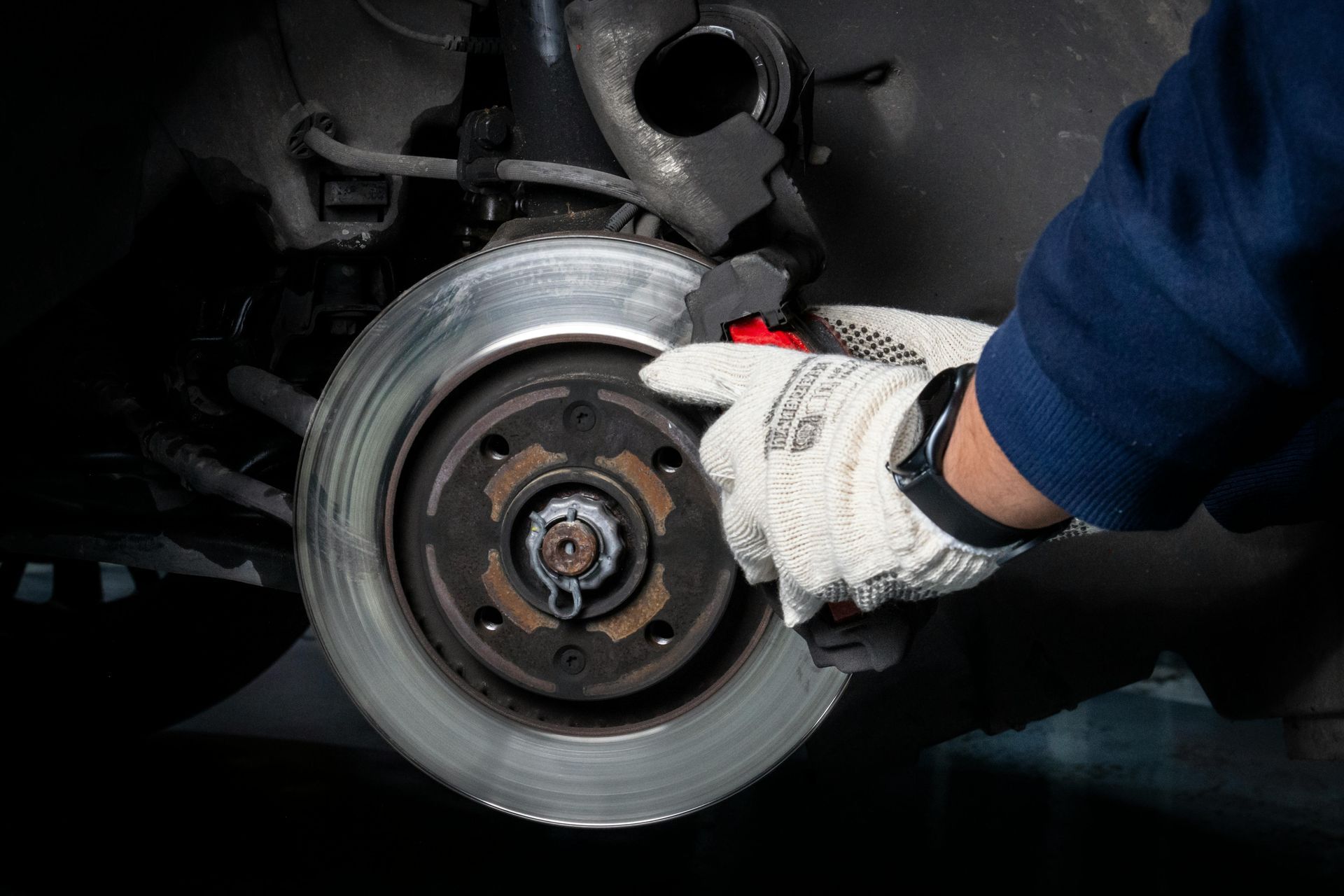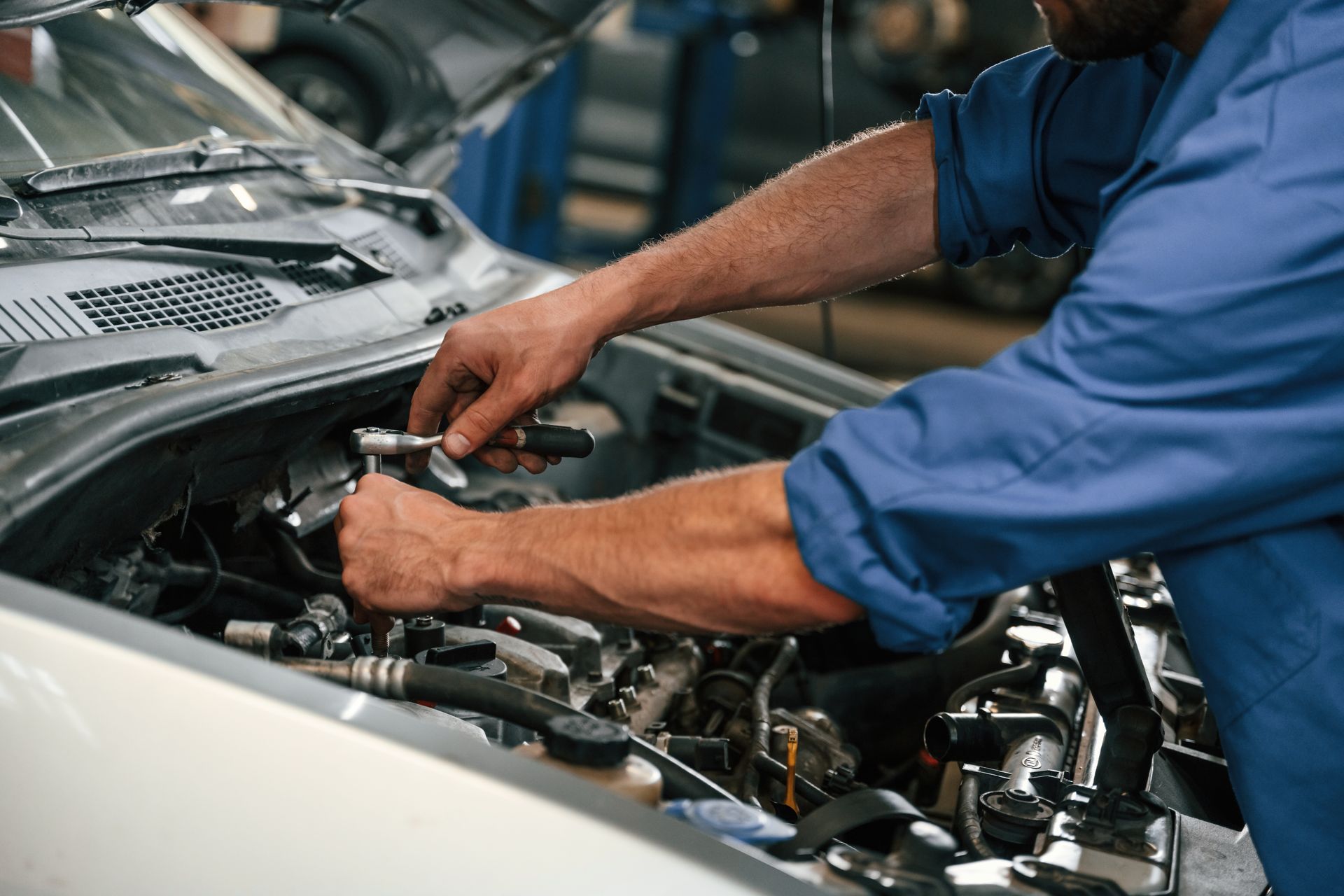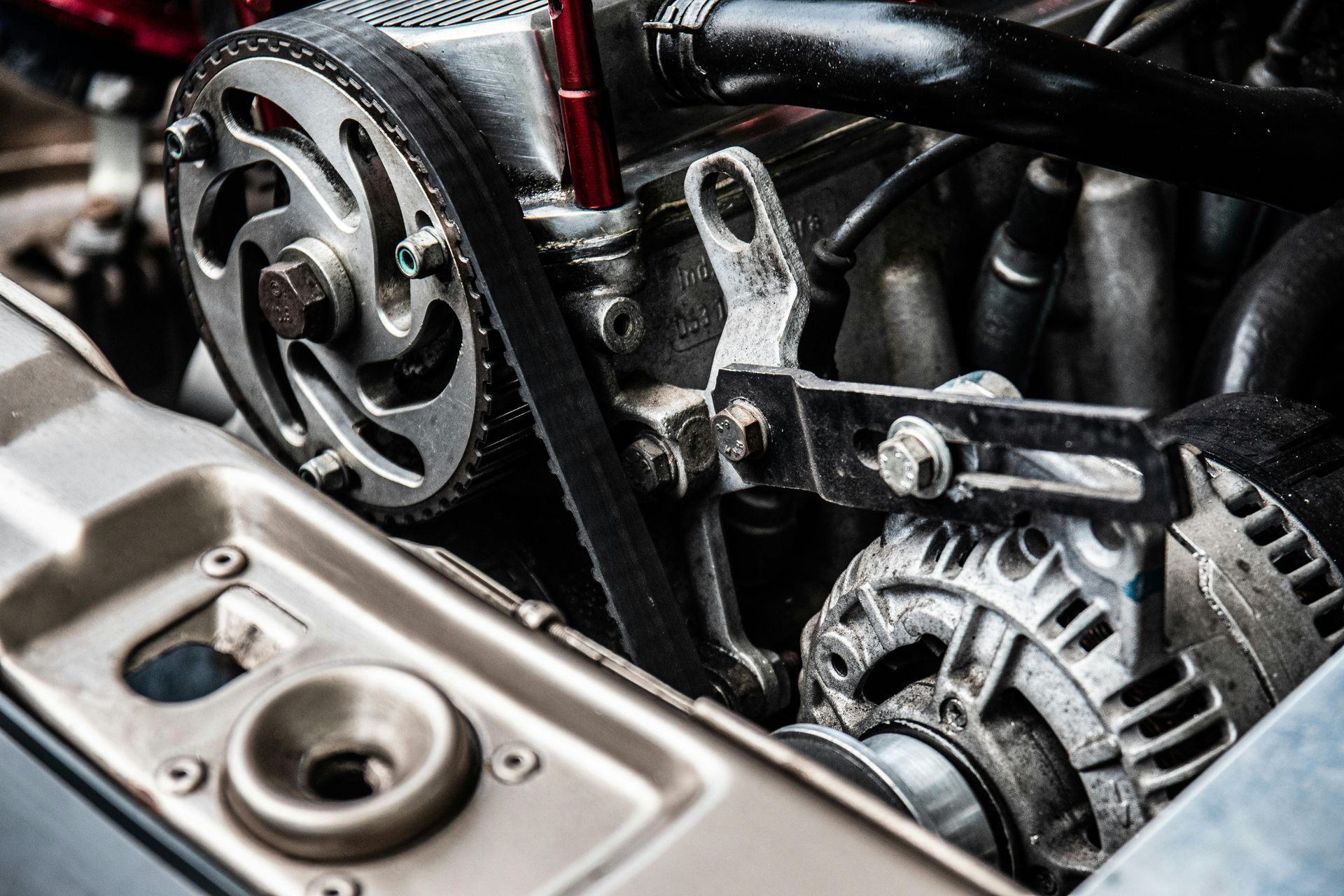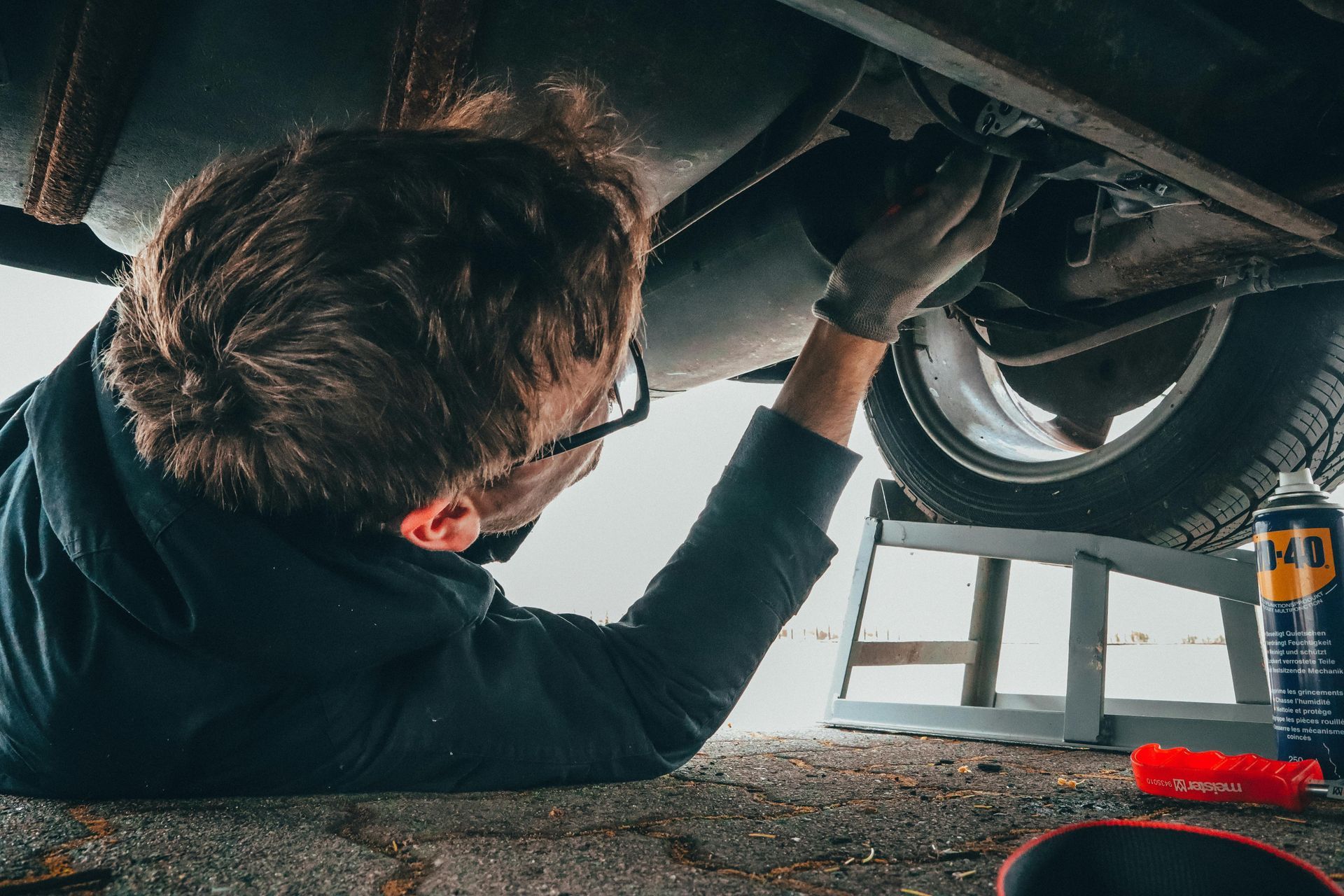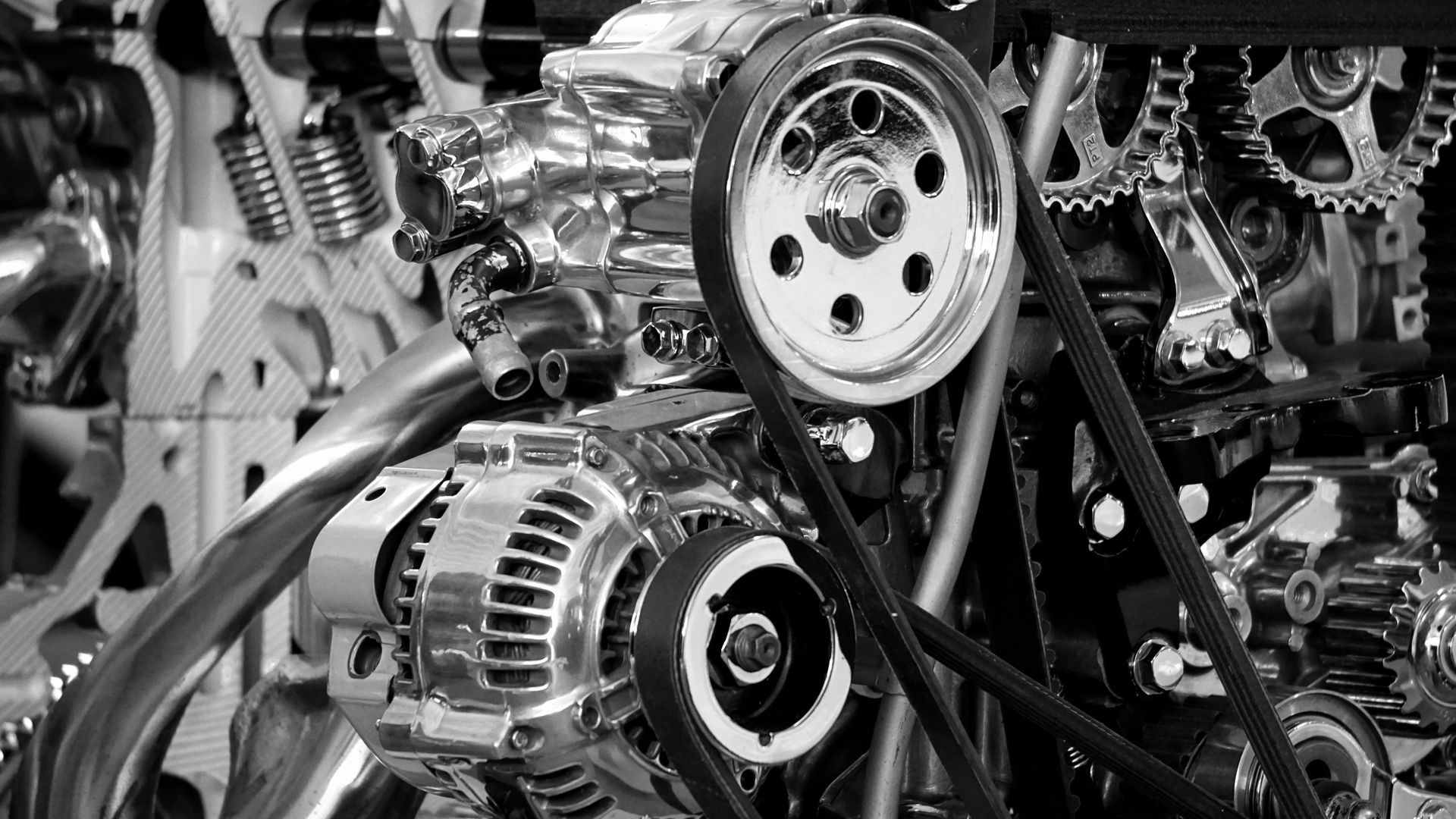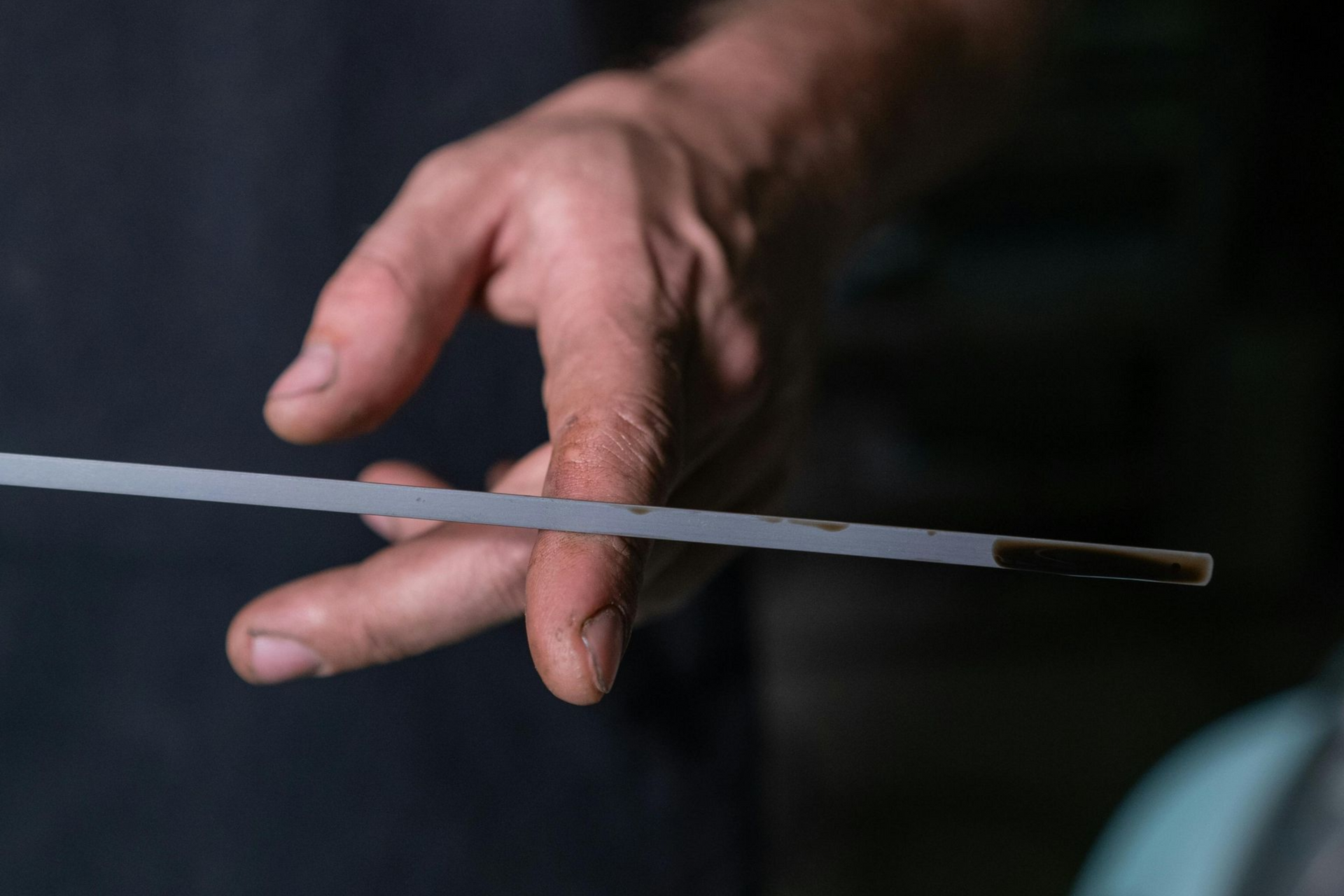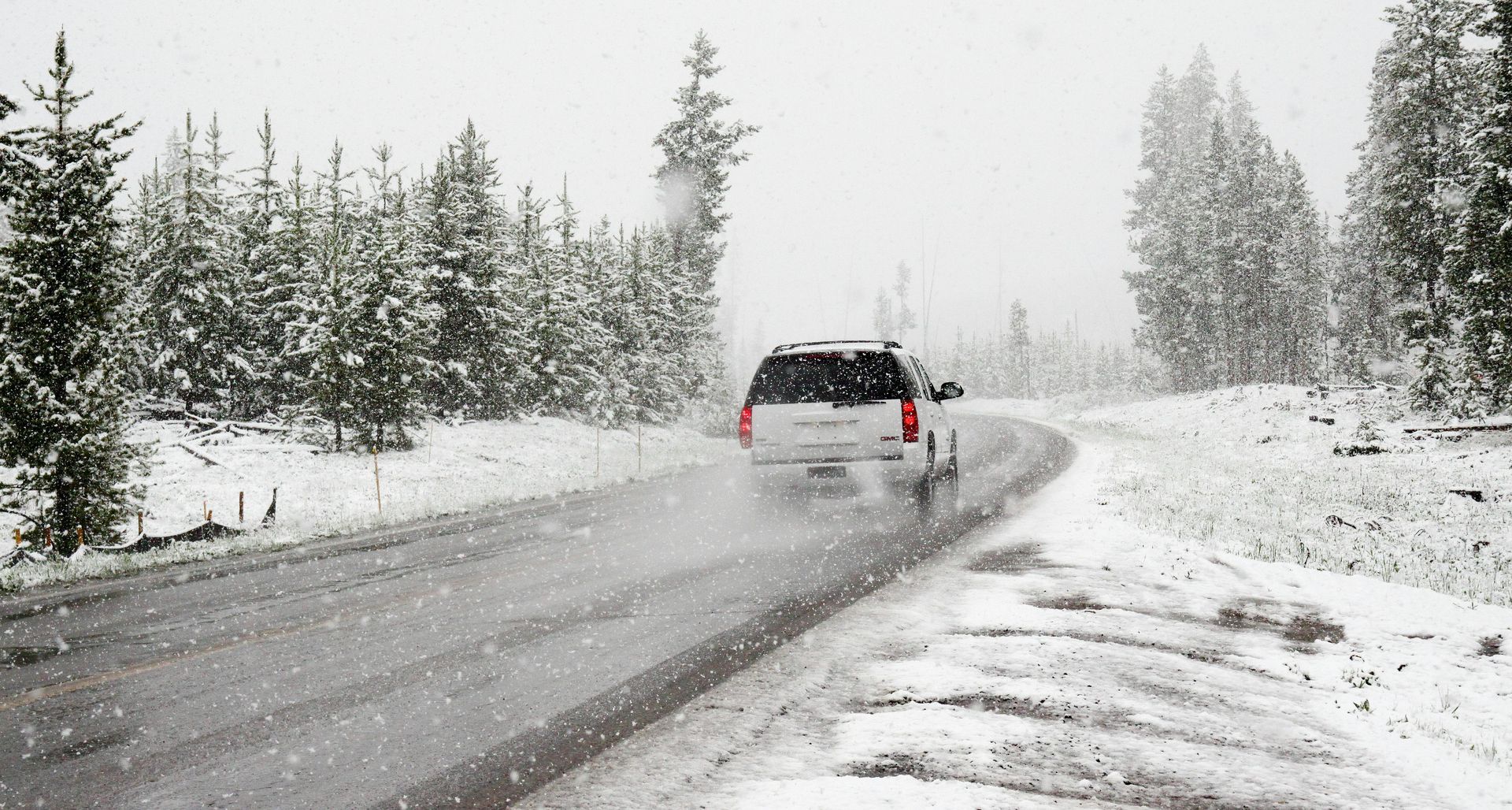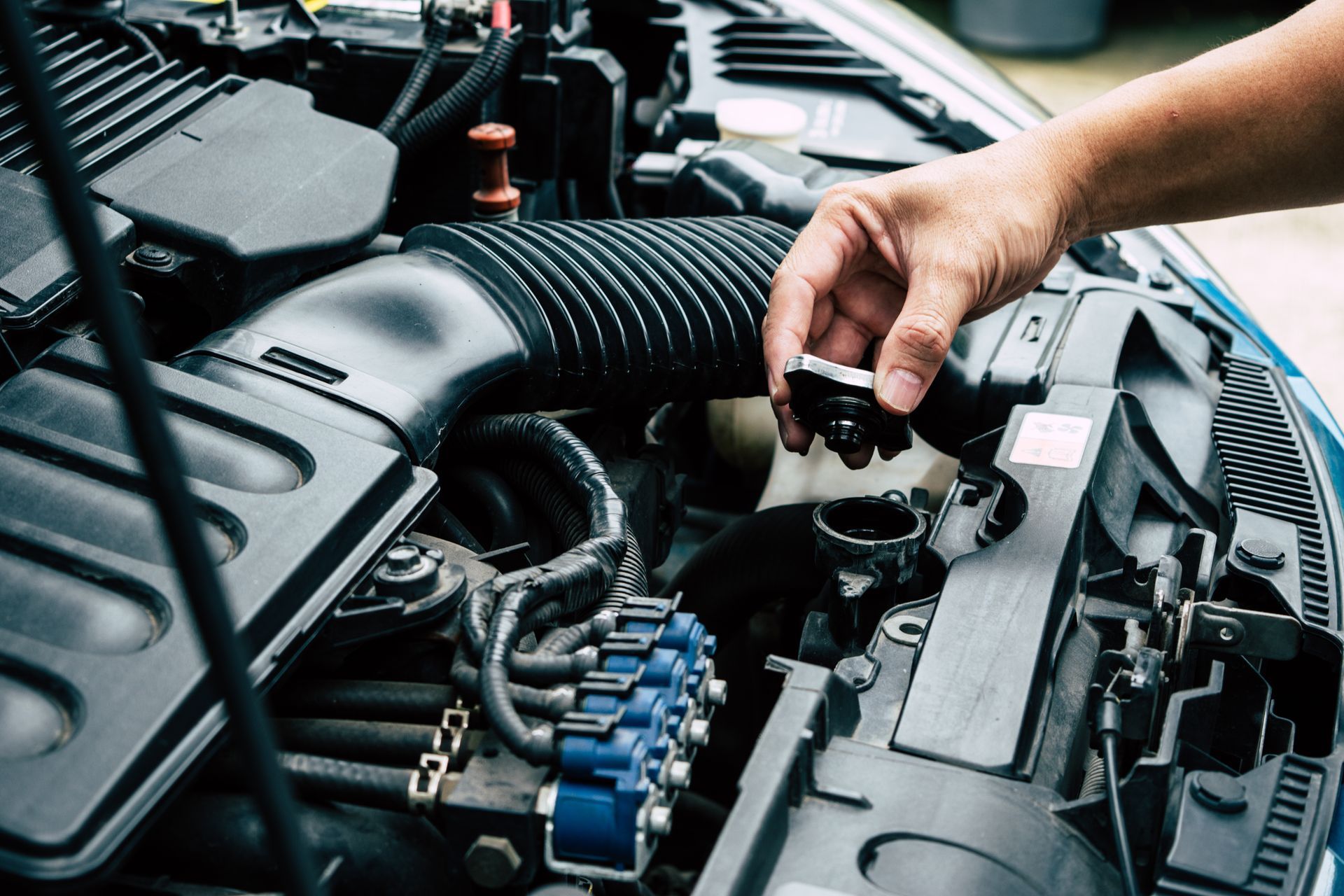Essential Back-to-School Vehicle Safety Checklist for Warrenton Families and Students
As summer winds down in Warrenton, Virginia, families are getting ready for another school year. Whether you're driving kids to Fauquier High School, dropping off a college student at nearby George Mason University, or your teen just got their license, now is the perfect time to make sure your vehicle is ready for the busy months ahead.
The increased traffic around Warrenton's school zones and the daily commutes to Northern Virginia colleges mean your car needs to be in top condition. A well-maintained vehicle keeps your family safe and prevents those frustrating breakdowns that can make everyone late for school or work.
Brake System Check: Your Family's Safety Priority
Your brakes are the most important safety feature on your vehicle, especially with all the stop-and-go traffic around Warrenton's schools. Have your brake pads, rotors, and brake fluid checked before the school year begins.
Signs your brakes need attention include squealing sounds, a spongy brake pedal, or your car taking longer to stop than usual. Don't wait until you're rushing to pick up your child from John S. Mosby Elementary to discover your brakes aren't working properly.
Tire Safety: Ready for Virginia's Changing Weather
Virginia's weather can change quickly as we move from summer into fall and winter. Check your tire tread depth by using the penny test – insert a penny into the tread with Lincoln's head facing down. If you can see the top of Lincoln's head, it's time for new tires.
Also check your tire pressure monthly. Properly inflated tires improve gas mileage (important with today's fuel costs) and provide better traction on wet roads. Don't forget to inspect your spare tire too – you never know when you might need it during a busy school week.
Oil Changes: Keep Your Engine Running Smooth
Regular oil changes are like giving your car a healthy meal. Fresh oil keeps your engine parts moving smoothly and prevents costly damage down the road. Most vehicles need an oil change every 3,000 to 5,000 miles, depending on your driving habits.
If you're doing a lot of short trips around Warrenton – like driving to Kettle Run High School, the grocery store, and soccer practice all in one afternoon – your engine works harder and may need more frequent oil changes.
Battery and Electrical System: Avoid Morning Surprises
Nothing ruins a school morning like a dead battery. Virginia's hot summers can be tough on car batteries, and you don't want to find out yours is failing when you're trying to get the kids to school on time.
Have your battery tested, especially if it's more than three years old. Clean any corrosion from the battery terminals and make sure the connections are tight. Check that your headlights, taillights, and turn signals are all working properly – you'll need them for those early morning and evening drives as daylight hours get shorter.
Air Conditioning and Heating: Comfort for the Road Ahead
Even though summer is ending, you'll still need your air conditioning for those warm September days in Virginia. As temperatures drop, you'll want to make sure your heating system works properly too.
Replace your cabin air filter if it's dirty – this helps your heating and cooling system work efficiently and keeps the air inside your car clean. A clogged filter can also cause your windows to fog up, which creates a safety hazard during morning drives to school.
Windshield Wipers and Fluid: Clear Vision Ahead
Fall in Northern Virginia often brings more rain, and you need clear visibility when driving around school zones filled with children. Replace your windshield wipers if they're leaving streaks or not clearing water effectively.
Check your windshield washer fluid level and fill it up. You'll use more during fall and winter to clean off dirt, salt, and debris from your windshield.
Emergency Kit: Be Prepared for Anything
Create or update your car's emergency kit with items like jumper cables, a flashlight, basic tools, a first aid kit, and some non-perishable snacks. If you're driving a college student back and forth to school, throw in a phone charger and a blanket.
Keep important phone numbers saved in your phone, including your insurance company and a reliable tow service that covers the Warrenton area.
Schedule Regular Maintenance: Stay Ahead of Problems
The best way to avoid car trouble during the school year is to stay on top of regular maintenance. Keep track of when your vehicle needs its next tune-up, transmission service, or other scheduled maintenance.
Many car problems can be prevented with regular check-ups, just like visits to your family doctor. This is especially important if you're planning any road trips to visit college campuses or take family vacations during school breaks.
Ready to Get Your Vehicle School-Year Ready?
Don't let car trouble disrupt your family's busy school schedule. If your vehicle needs any of the services mentioned in this checklist – from brake repairs to oil changes to engine diagnostics – the ASE Master Certified technicians at Ish Auto Clinic are here to help.
Located right here in Warrenton at 122 Sullivan Street, we specialize in keeping Toyota, Lexus, and all Japanese vehicles running safely and reliably. We know how important it is for Warrenton families to have dependable transportation during the school year.
Call us at (540) 349-4178 to schedule your back-to-school vehicle inspection today. We're open Monday through Friday from 8:30 AM to 5:30 PM, and we'll make sure your car is ready for whatever the school year brings.
